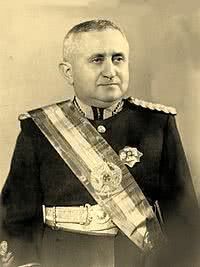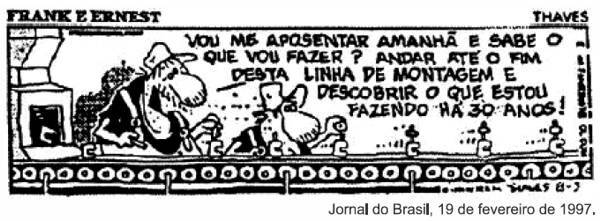Eurico Gaspar Dutra, 14th president of Brazil, governed the country from 1946-1951 after the deposition of President Getúlio Vargas in a military coup.
His government was characterized by persecution of communists, banning gambling and rapprochement with the US.
 Eurico Gaspar Dutra, 14th President of Brazil.
Eurico Gaspar Dutra, 14th President of Brazil.
Dutra government
Internally, the Dutra government was responsible for promulgating a Constitution that would replace the one granted by Getúlio Vargas in 1937. The new Magna Carta, of 1946, guaranteed individual liberties and extinguished the death penalty.
Dutra also established a conservative policy by banning the existence of the Communist Party, which became illegal.
The economy of the government of Eurico Gaspar Dutra was characterized by a squeeze on wages, construction of roads and burning of foreign exchange reserves.
It instituted the SALTE plan with the objective of bringing improvements in the areas of Health, Food, Work and Energy. However, the project did not get financing and was not implemented.
In international relations, the United States played a fundamental role in foreign policy, consolidating exports and cultural exchange with that country.
He left the presidency in 1951. Its candidate, Cristiano Machado, lost the elections to former president Getúlio Vargas.
Biography
Eurico Gaspar Dutra was born in Cuiabá, on May 18, 1883.
He entered the Praia Vermelha Military School, in Rio de Janeiro, in 1904. During the 1920s, he fought the lieutenants both in Rio de Janeiro, in the Copacabana Fort Revolt as in São Paulo, in 1924.
From 1932 it was close to the president Vargas thanks to his fight against the constitutionalist movement that attacked the federal government. It also played an important role in repressing the Communist Intentona in 1935.
Definitely enters the Vargas government, as Minister of War, in 1936.
During World War II, he defended the participation of Brazil alongside the Axis powers. Despite this position, General Eurico Gaspar Dutra was responsible for organizing the Brazilian Expeditionary Force (FEB), sent to fight in Italy.
At the end of the conflict, when the Vargas government was losing support, Dutra was chosen by the opposition to be the presidential candidate. Vargas would be deposed by a military coup that ensured Dutra's election.
After leaving the government, Dutra would still retain his influence in the military and was part of ARENA during the military regime.
He died in Rio de Janeiro on June 11, 1974.
Read more:
- It was Vargas
- Brazil in World War II
- Aftermath of World War II
- Death penalty

